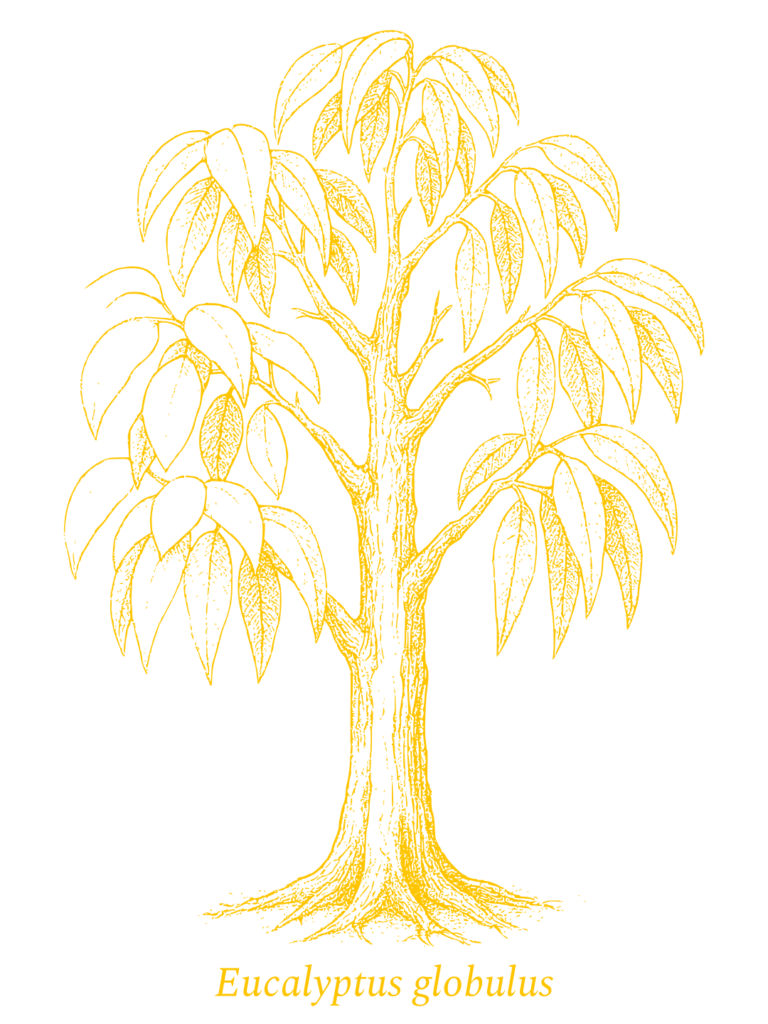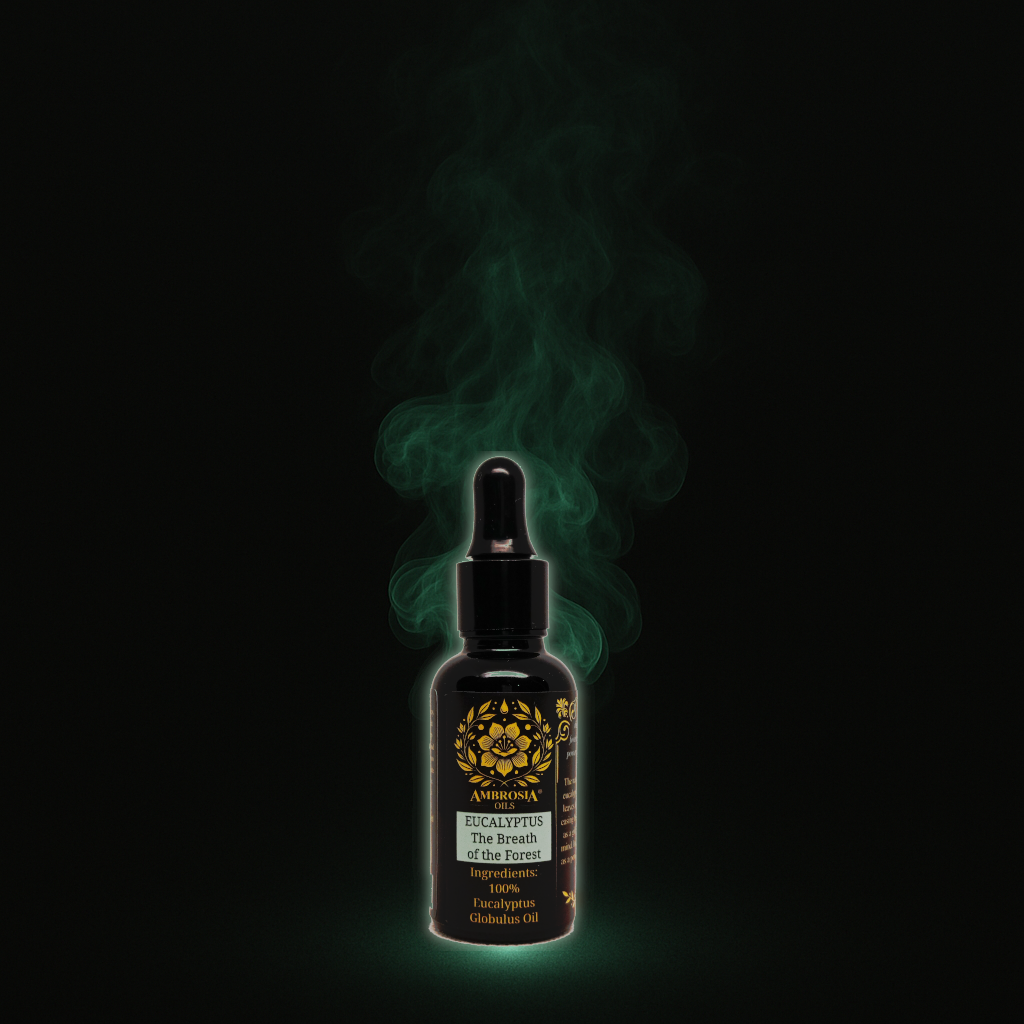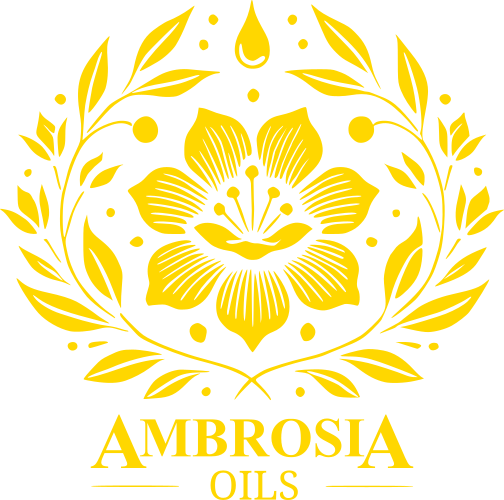
Scent Profile

Use Cases


Eucalyptus, a genus of over 700 species of flowering trees and shrubs, is native to Australia and nearby islands. Known for its distinctive aroma and towering height, Eucalyptus is a symbol of resilience, thriving in diverse climates and soils. Its fast growth and versatile applications have made it a staple in forestry, medicine, and essential oil production.
History of Eucalyptus
Eucalyptus has been an integral part of Australian Aboriginal culture for centuries. The indigenous people used its leaves for medicinal purposes, treating wounds, infections, and respiratory ailments. With European colonization in the 18th century, Eucalyptus gained global recognition. Early settlers used the wood for construction and fuel, while the leaves were distilled to produce essential oil. By the 19th century, Eucalyptus essential oil became a sought-after product for its antimicrobial and aromatic properties. Today, Eucalyptus is cultivated worldwide, from Africa to South America, for both commercial and medicinal purposes.

Eucalyptus Essential Oil
Eucalyptus essential oil is derived from the leaves of the Eucalyptus tree, most commonly Eucalyptus globulus or Eucalyptus radiata. The leaves are dried, crushed, and steam-distilled to extract the oil, which has a characteristic fresh, camphoraceous scent. Its main active compound, eucalyptol (1,8-cineole), is responsible for its medicinal and aromatic properties.
This versatile oil is widely used in aromatherapy, cosmetics, pharmaceuticals, and household products. From decongestant rubs to cleaning sprays, Eucalyptus essential oil has a range of practical applications.
Properties of Eucalyptus
Eucalyptus is valued for its many beneficial properties:
- Antimicrobial: Eucalyptus oil exhibits strong antibacterial, antifungal, and antiviral properties, making it effective in combating pathogens.
- Anti-inflammatory: It helps reduce inflammation, particularly in respiratory and muscular systems.
- Decongestant: Its menthol-like aroma aids in clearing nasal passages and alleviating sinus congestion.
- Pain-relieving: Eucalyptus oil is often used in balms and oils to soothe sore muscles and joints.
- Cooling and refreshing: The oil has a cooling effect on the skin and is commonly used in skincare and personal care products.
Benefits and Uses of Eucalyptus
Eucalyptus works through multiple mechanisms to promote health and wellness. Here are some of its key benefits and applications:
- Respiratory Health
Eucalyptus is widely used to treat respiratory conditions such as colds, bronchitis, and sinusitis. Inhalation of eucalyptus vapor helps loosen mucus, reduce inflammation, and improve airflow. - Skincare
Thanks to its antibacterial properties, Eucalyptus oil is effective in treating acne, minor cuts, and insect bites. Its soothing qualities also make it a popular choice for relieving sunburn. - Pain Relief
When applied topically, Eucalyptus oil can ease muscle pain, arthritis, and tension headaches. It penetrates deeply into tissues, providing a warming or cooling sensation. - Mental Clarity and Stress Relief
Eucalyptus oil’s invigorating scent is known to boost mental clarity, reduce fatigue, and promote relaxation. It is a staple in aromatherapy for its ability to balance and refresh the mind. - Household Cleaning
Eucalyptus oil is a natural disinfectant, making it ideal for cleaning surfaces, freshening laundry, and repelling pests like mosquitoes and cockroaches.
Conclusion
Eucalyptus is a remarkable gift of nature with a rich history, versatile applications, and numerous health benefits. Whether as an essential oil, a medicinal remedy, or a practical household product, Eucalyptus continues to play a vital role in enhancing health and well-being. Its legacy as a powerful and sustainable resource ensures it will remain a cornerstone of natural wellness for generations to come.
